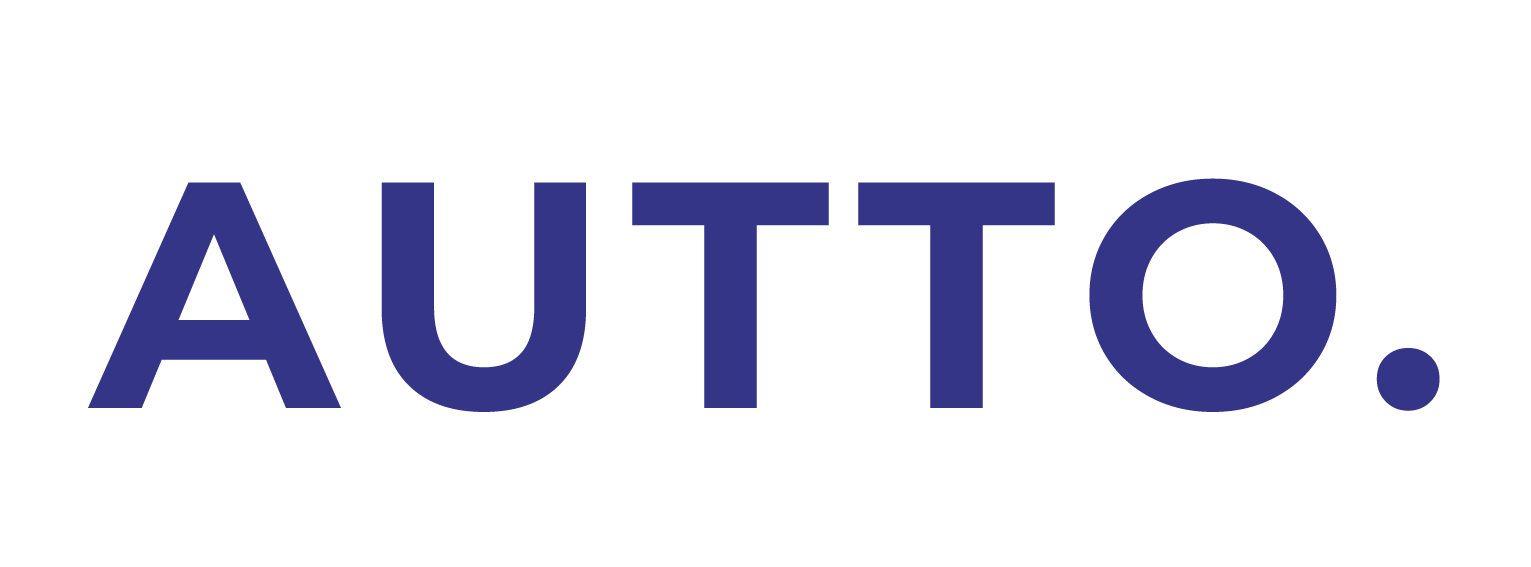Business automation has become a key part of driving success forwards and is no longer the preserve of big corporations. With platforms such as AUTTO, small businesses can now afford to easily incorporate automation in every aspect of their business, leading to huge time and cost savings. It can be quite confusing for small business owners to identify exactly which daily tasks should be automated. So, in this post, we explore our recommended top 5…
- Sales Completion
Salespeople hate paperwork but heaps of forms are inherent when closing a deal. Documents such as:
- Sales Agreements
- Invoices
- Client information gathering
- Updating CRM (Customer Relationship Management) systems can all be automated.
It transforms the sales process into a highly time-saving, more accurate and less laborious one for the team responsible. This frees up their time and energy to do what they do best – sell more and grow your business.
- Managing Approvals
Automation cuts down on time spent seeking complicated approvals across the business. Getting approval for example for a PO over a certain amount or for a discount being offered to a client would usually require manual input from multiple people. Each of these can hold up the time taken and make the process open to human error. Automating this process makes it seamless, accurate and cuts time dramatically.
- Employee Onboarding
Taking on new staff is a time-intensive process for all and for the new employee, there is nothing worse than arriving for a new job, full of excitement than spending the first day filling out forms! Let automation handle the lot.
- Employee contracts are created and signed digitally,
- Processes are created to ensure all new hires have access to the passwords,
- Keys and important files they need from day one
- Automatic background checks, verifications and screenings. This last one provides an important audit trail, vital particularly for those companies that have regulations. This leads us neatly onto…
- Audit Trail for Compliance
Many industries have regulations specific to them and must demonstrate compliance with certain processes - a lengthy and painful process. Automation takes the headache away by automatically providing an audit trail to prove compliance. At AUTTO, for example, we use our own software in-house to ensure and prove all new employees have had the information security training required to honour our ISO 27001 status.
- Information Gathering and Creating Reports
For organisations that need to gather and compound large amounts of data to produce bespoke reports for clients, automation will transform their business. The time it would usually take to collect and collate info and create a relevant client document can be shortened dramatically with automation. That frees up time to grow your business. Small business consultancies, balance scorecards in the construction industry and talent management can for example all benefit from this.
So there it is – our top 5 automation suggestions. If you’re interested in automating your business, talk to us now. We’d love to hear from you CONTACT US or sign up for our FREE TRIAL!
14 DAY FREE TRIAL
Streamline Your Business Processes with accuracy and efficiency.
Topics in this article: Productivity Barriers to tech Startups SME Technology businessautomation

